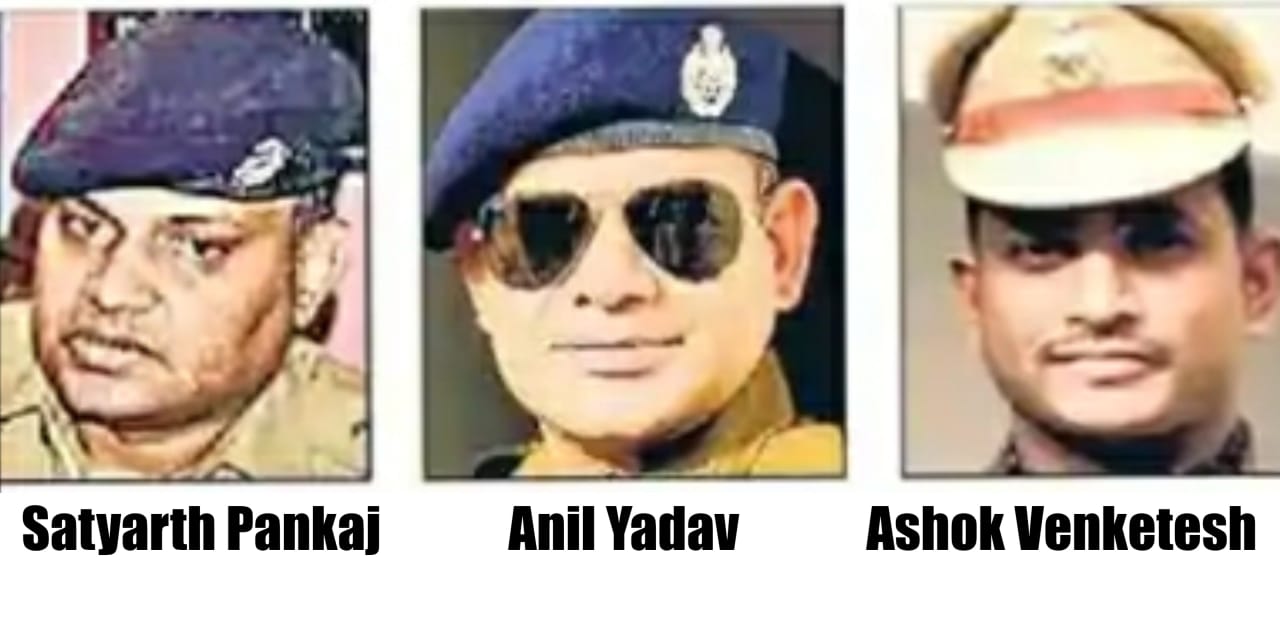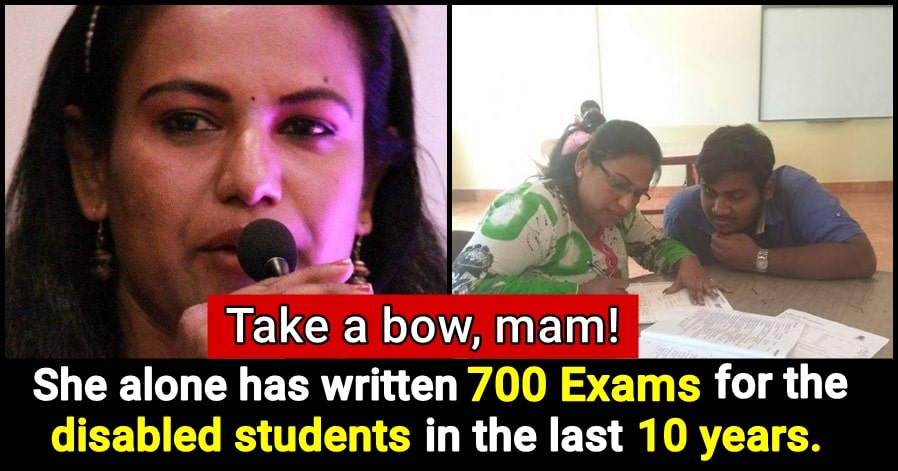JNU has hit the headlines after its students held several protests against hostel fee hike. The news was flooded with many questions about subsidies that the Indian taxpayer gives to the University. The 47-year-old university named after India’s first prime minister get Rs 300 crore a year through tax to meet the university’s expenses. JNU’s supporters claim that this amount is spent in order to produce “valuable research”.
Let’s know the research work that JNU students have put out over the years. These students work hard on these projects — Ph.D. research can be conducted anywhere between three and five years, and students during this period get stipend of Rs. 28,000 every month from the government. Besides stipend, they also get subsidized accommodation on campus which costs only Rs 10 per month. With these facilities and freebies from the ordinary Indian, this is the research that these students dished out.
1. ‘Rethinking Gujarati Identity through the Image of Savita Bhabhi’
In spite of the fact that not actually a PhD thesis, this research paper claimed to “compare Savita Bhabhi with other social results of contemporary occassions and attempts to conceptualize the multifacted picture of the pornography comic with different other prevalent media” Savita Bhabhi may have been India’s best-cherished porno, however one can be surprises if that justifies a researcher enjoying it for an extended period qualifies as “valuable research.”
2. Sexual and gender relations in Mughal India:
It’s not as if JNU’s scholars only study the sexual parts of contemporary India. They also go through history. The objective of this PhD thesis is to study the sexual and gender relations in Mughal India. While the sexual lives of the Mughals might have been magnificent, it is a matter of serious concern that should taxpayer pay tax for such kinds of research where millions of poor people have to go to bed hungry daily.
3. Knowledge, attitude practices and sexual behavior of urban educated youth: A Study of Kolkata:
And if you don’t want to study pop-culture, or ancient history, but basically catalog a promiscuous summer you spent in West Bengal (and get the Indian taxpayer to pay for it), you can do a PhD thesis on the sexual behavior of the “urban educated youth of Kolkata.”
4. Dress, fashion and femininity: A case study of fashion models, fashion designers, and women students:
And keeping in mind that remaining in an administration sponsored inn at JNU, in the event that you’d like to invest some energy inspecting Delhi’s acclaimed attire markets, you can take quite a while to study “design in Delhi city.”
5. Consumerism and consumption: A study of markets in Delhi and Gurgaon:
If you wish to extend your shopping, you can also include neighboring Gurgaon during the study “Consumerism and consumption: A study of markets in Delhi and Gurgaon.”
6. Leisure-time activities of college students of Delhi: A Sociological study:
And if you’re reluctant to even leave your Rs. 10 per month hostel, you can do an entire PhD thesis while still in it. Someone in 1983 spent years studying the “leisure activities” of Delhi students, which was probably a nitty-gritty record of the time they spent celebrating on the JNU campus.
7. Sexual behavior of adolescents among the Akamba people of Machkos district, Kenya:
But you can’t accuse the JNU of being excessively inward-looking — they also do go out of their comfort zone to do their research. Someone in 2008 produced a PhD thesis on the sexual behavior of adolescents among the Akamba people of Machkos district in Kenya. While the pickup lines that Akamba teenagers use are presumably fascinating, one wonders how the Indian taxpayer benefits from this “research”.
8. The Process of Decolonisation and Social transformation in South Africa:
Africa is a region that also caught the fancy of JNU’s most famous export. Between politics, protests, and raising anti-India slogans, Kanhaiya Kumar managed to study the “The Process of Decolonisation and Social transformation in South Africa” during his time at JNU.
9. The reproduction of Islamic education: A study of two Madrasas of Mubarakpur, Uttar Pradesh:
If you aren’t being motivated enough Islamist propaganda at JNU, you can move to Uttar Pradesh and spend several years studying two madrasas, all funded by the Indian taxpayer.
10. A comparative study between Indian and Japanese prostitution:
And the money shot? Someone in 2008 did a whole PhD thesis comparing prostitution in India and Japan. This thesis topic raises several questions: what promoted someone to spend several years of their life studying the differences between Indian and Japanese prostitution? Did the study involve any primary research? And perhaps more importantly, why did the Indian taxpayer pay for it? If such types of researches take place at JNU university, it becomes a serious concern for taxpayers who pay for it.










